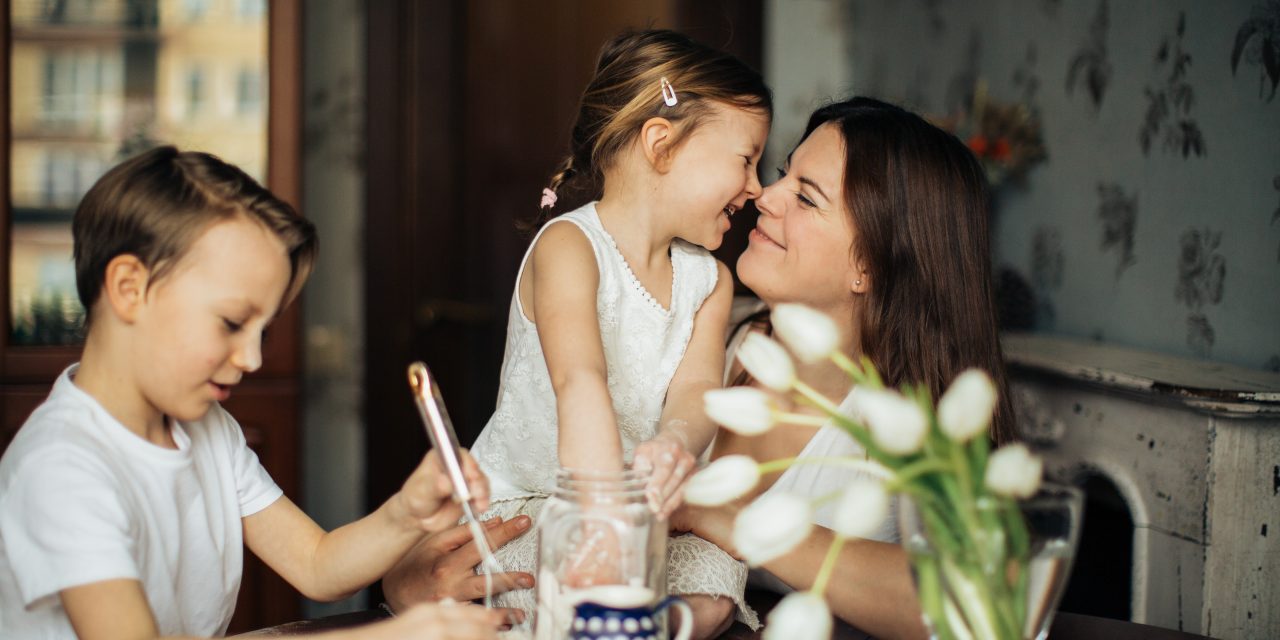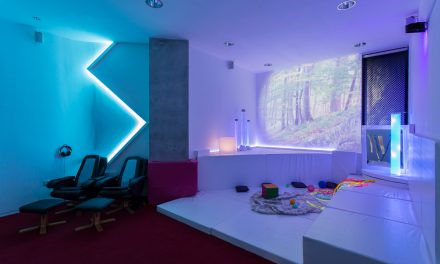The COVID-19 pandemic has seen the way we live and work change dramatically over the past few months. Whilst our new routines may offer some positive benefits, they also unfortunately have the potential to increase the risk of childhood accidents in the home.
Maintaining good supervision of our children is one of the best ways to prevent accidents from happening. Yet with many of us home-schooling our children whilst juggling working from home, we are likely to feel our attention being pulled in many different directions.
Keeping our little ones safe at home has never been more important. In East Sussex the rate of childhood accidental injuries that result in a hospital admission is significantly higher than nationally; and at this time there is a real need for us to all help reduce pressures on the NHS.
Around 90% of the most serious, but preventable, accidents to the under-fives happen at home, with two of the leading causes being burns and scalds, and accidental poisoning.
Preventing burns and scalds
Babies and young children are particularly at risk from burns and scalds because their skin is 15 times thinner than an adult’s, causing it to burn more easily. Hot drinks are a leading cause, with an average of 13 children under five attending an East Sussex A&E every month due to a burn or scald. To help prevent burns and scalds you can:
- Always put cups containing hot drinks out of reach of young children and never drink them whilst holding a child;
- Place saucepans out of reach at the back of the hob with handles pointing inward, and;
- Ensure that kettles have short leads so they cannot be grabbed and pulled down.
Whilst it may be helpful to have your little ones in the same room as you when getting ready, it’s important to remember that they could easily get their hands on things that might hurt them. For example, hair straighteners and curling tongs heat up within seconds, can reach the same temperature as an iron, and still burn 15 minutes after being unplugged. They should always be kept high, out of reach and in a heat-proof bag whilst they are cooling down.
During the current situation, you may find yourself spending more time with your children cooking and preparing meals. Why not combine cooking and baking together with learning about how to keep safe in the kitchen? Check out Cbeebies for some top tips. It’s important for kids to know how to avoid burns and scalds, and use knives safely during food preparation once they’re old enough to do so.
Preventing accidental poisoning
Accidental poisoning is another leading cause of childhood hospital admissions and, on average, results in three under-fives attending an East Sussex A&E every week. Unfortunately, children are more likely to suffer serious consequences if they swallow something poisonous because they are smaller and their bodies are less able to neutralise harmful substances. To help prevent accidental poisoning you can:
- Keep bleach and cleaning products locked away or on a high shelf. Store laundry tabs/pods securely; they’re being bright and colourful, so can be very appealing to small children.
- Ensure that everyday painkillers and prescription drugs are never left lying around, for example, in a handbag which is easily accessible to a child. Medicines should always be kept out of reach and locked away. Remember: safety caps and lids slow children down, but don’t rely on them – it can take just seconds for some three year olds to open them
- Clean up after yourself – even a small amount of alcohol left in the bottom of a glass could be enough to poison a very young child.
With many of us now using our increased time at home to focus on gardening tasks, it’s also important to remember that garden chemicals such as fertilisers and weed killers are poisonous and can be extremely harmful to a child’s health. Always ensure that they are kept either locked away or out of reach of little hands.
Advice on what to do and where to go when your child is unwell or injured
During the COVID-19 pandemic, families across East Sussex have been doing the right thing by following government advice and keeping children with minor ailments at home. However it has been reported in the national press that sadly some children with illnesses unrelated to COVID-19 are going to hospital too late and coming to harm as a result.
The Royal College of Paediatrics and Child Health has produced helpful advice for parents and carers on what to do and where to go when their child is unwell or injured. It uses a traffic light system to advise on symptoms that mean you should seek urgent medical advice and shows the options available to get help.
For more information on how to keep your family safe from accidents in the home visit the Child Accident Prevention Trust and the Royal Society for the Prevention of Accidents websites.




